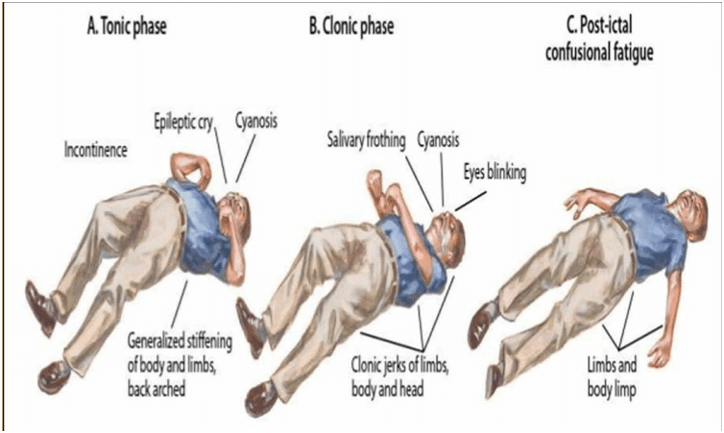A nurse on a medical-surgical unit is preparing to assist with the admission of clients who were injured in a tornado. Which of the following clients should the nurse recommend for discharge to make room for the new admissions?
A client who had a cerebrovascular accident 8 hr ago and received thrombolytic therapy
A client who has cervical cancer and an internal radioactive implant
A client who had a radical mastectomy 36 hr ago and has a surgical drain
A client who had a lobectomy and has a chest tube drainage system
The Correct Answer is C
The client who had a radical mastectomy 36 hours ago and has a surgical drain is the most stable among the given options and is further along in the recovery process. This client may be ready for discharge with appropriate follow-up care instructions, and their bed can be utilized for the incoming clients who were injured in a tornado.
The client who had a cerebrovascular accident 8 hours ago and received thrombolytic therapy requires close monitoring and assessment for complications, such as bleeding or changes in neurological status.
The client with cervical cancer and an internal radioactive implant requires specific precautions and monitoring to ensure radiation safety and to manage any potential side effects or complications.
The client who had a lobectomy and has a chest tube drainage system needs continued monitoring of respiratory status and drainage, as well as close observation for any signs of complications or worsening condition.
Nursing Test Bank
Naxlex Comprehensive Predictor Exams
Related Questions
Correct Answer is ["B","C"]
Explanation
Turn cellular phones to silent mode: In an active shooter situation, it is crucial to maintain silence to avoid drawing attention to your location. Switching cellular phones to silent mode helps ensure that ringtones or notifications do not alert the shooter to your presence.
Wave hands to attract the attention of law enforcement: When law enforcement or emergency personnel arrive at the scene, it is essential to signal to them that you are not a threat and that you require assistance. This can be done by putting hands up, keeping them visible, and following any instructions provided by law enforcement.
Move wounded clients to a safe area before finding shelter: It is important to prioritize the safety of individuals involved in an active shooter situation. However, moving wounded clients should be done only if it can be done quickly and without putting oneself or others at risk. The primary goal is to seek safety and follow established protocols, such as "run, hide, fight" principles, rather than focusing on moving injured individuals during an ongoing threat.
Attempt to bargain with the shooter: Bargaining or negotiating with an active shooter is strongly discouraged. It is important to remember that the primary goal in an active shooter situation is to ensure personal safety and the safety of others. Engaging with the shooter may escalate the situation or put oneself and others at greater risk.
The in-service should focus on providing staff members with practical guidance on how to respond to an active shooter situation, emphasizing the importance of following established protocols, staying calm, and seeking safety. Additionally, the in-service should include training on recognizing and reporting suspicious behavior, as prevention and early intervention can play a crucial role in mitigating such incidents.
Correct Answer is D
Explanation
After a tonic-clonic seizure, the nurse should first check the child for any injuries, particularly in the oral cavity. This is because during a seizure, the child's tongue may have been biten, or there may be other oral injuries. Therefore, it is essential to check the oral cavity for any injury or bleeding.

Whether you are a student looking to ace your exams or a practicing nurse seeking to enhance your expertise , our nursing education contents will empower you with the confidence and competence to make a difference in the lives of patients and become a respected leader in the healthcare field.
Visit Naxlex, invest in your future and unlock endless possibilities with our unparalleled nursing education contents today
Report Wrong Answer on the Current Question
Do you disagree with the answer? If yes, what is your expected answer? Explain.
Kindly be descriptive with the issue you are facing.
